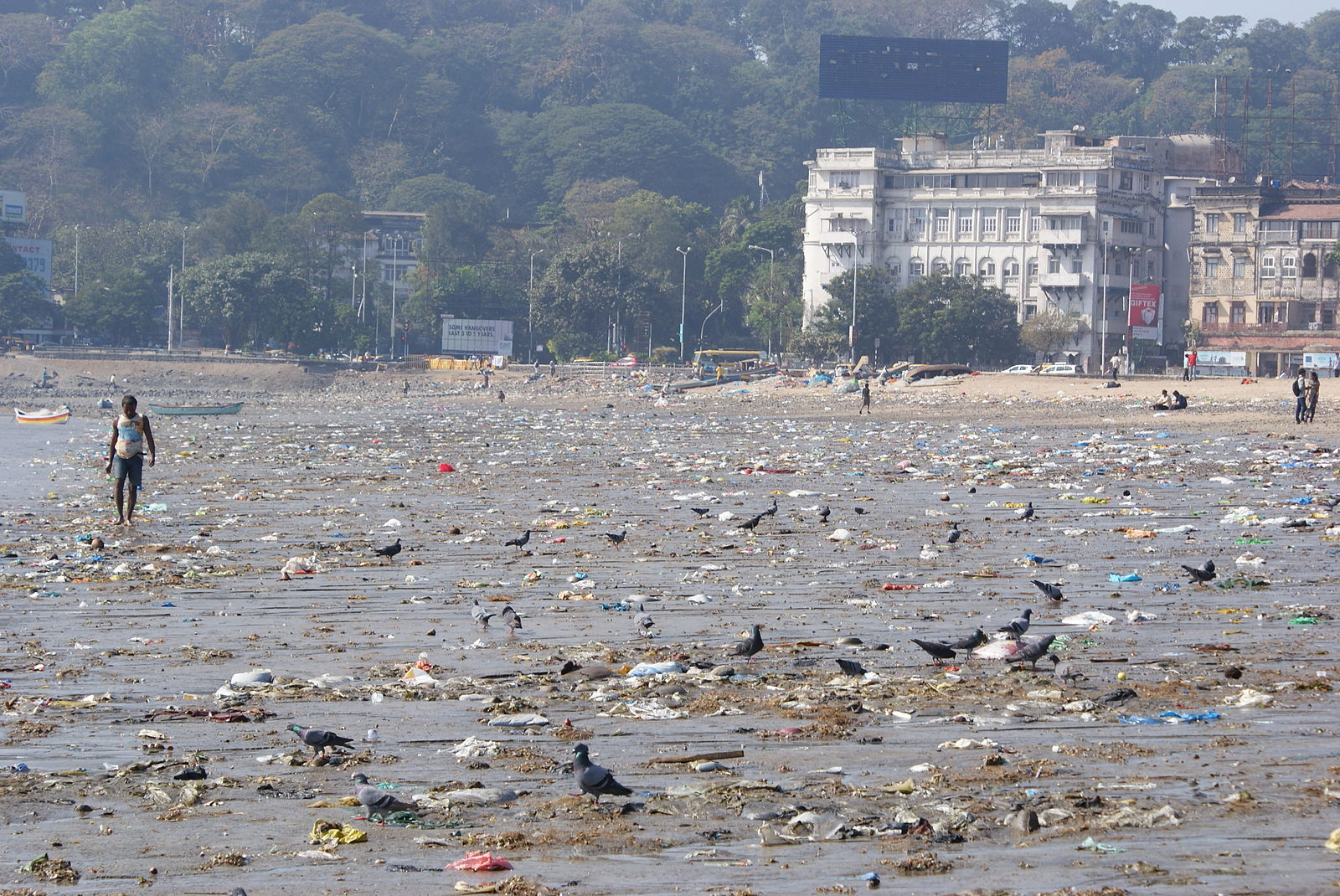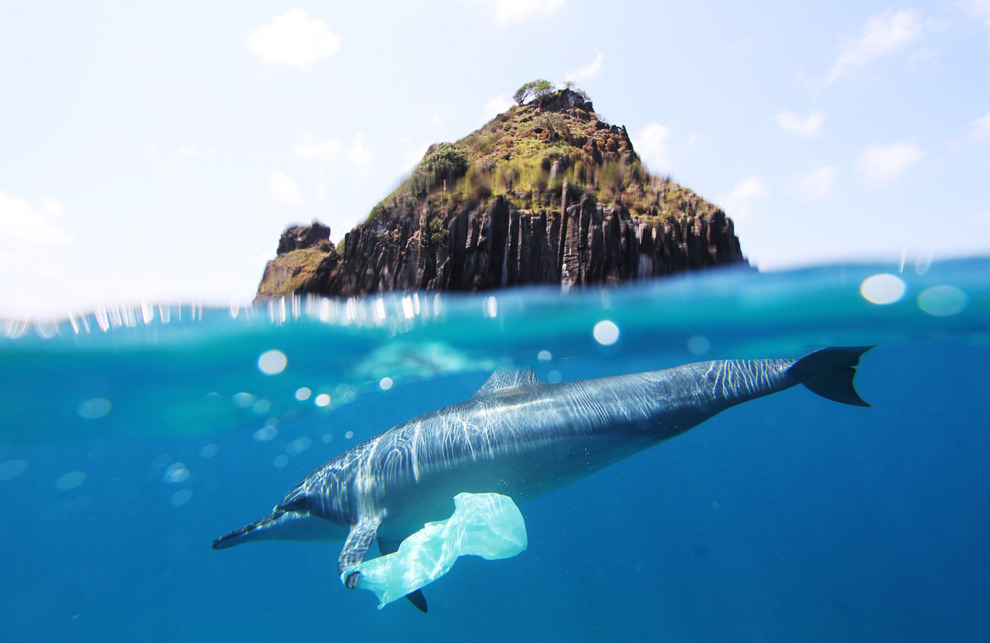India Just Took a Major Step Toward Protecting the Environment

By:
In a major move toward protecting the environment, India banned use of disposable plastic items in its capital city of Delhi at the end of January, according to The Independent.

Everything from plastic cups to bags are covered by the ban.
“We direct that use of disposable plastic is prohibited in entire [National Capital Territory] of Delhi," the country's National Green Tribunal said in January. "The Delhi government shall take steps for storage and use of plastic materials with effect from January 1, 2017."
India is responsible for 60 percent of the plastic that ends up in our oceans. Delhi is known for using waste-to-energy plants to power the city, according to Fast Company, and the plastic burned at these facilities causes severe air pollution. The ban was created after it was found three dumping sites for plastics and garbage were doing illegal mass burnings of waste, according to the India Times. As we've previously reported, Indian towns and cities have some of the worst air pollution in the world.
Much of the plastic that isn't burned tends to make its way into the ocean, Fast Company claims.
Indian waste-to-energy plants in Delhi that are found to be polluting waters will now face thousands of dollars in fines, and other smaller businesses that pollute will face smaller fines.
Plastic pollution is a major problem, as there are currently over 130 million tons of plastic in our oceans, and millions of tons get added every year. Microbeads, which are tiny pieces of plastic found in products like body washes, which are meant to exfoliate the skin, contribute significantly to ocean pollution worldwide.
 Jedimentat44/Flickr - flickr.com
Jedimentat44/Flickr - flickr.com
An Indian inventor who was concerned with his country's plastic pollution created a kind of cutlery last year that quickly biodegrades and can actually be eaten.
The World Economic Forum claimed last year there could be more plastic in the ocean than fish by 2050. Furthermore, much of that plastic ends up being consumed by fish that humans eat.
